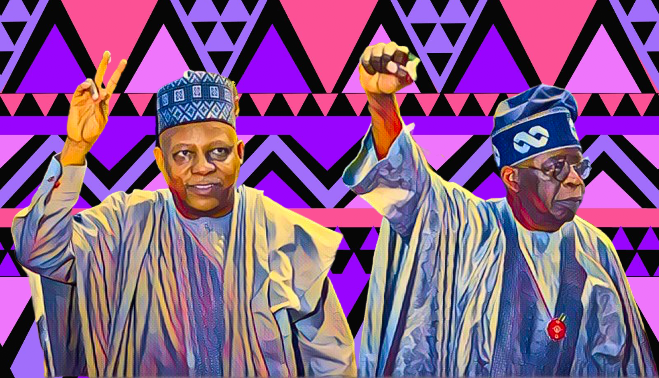In a contentious session at Nigeria’s House of Representatives, a recent spate of mechanical failures in the presidential aircraft fleet came under intense scrutiny. The debate was sparked by Representative Ahmed Satomi, who highlighted an incident in April where President Bola Tinubu was forced to use a chartered plane from the Netherlands to Saudi Arabia due to aircraft issues. Compounding the urgency, Vice President Kashim Shettima’s planned trip to the United States for the 2024 US-Africa Business Summit was aborted last Sunday because of similar issues.
The discussion revealed deep concerns about the reliability of state transportation and the management of national security protocols related to official travel. Lawmakers questioned the effectiveness of current maintenance regimes and the transparency of funding allocations intended for the presidential fleet.
Calls for Transparency and Improved Oversight
During the plenary, Satomi criticized the handling of the aircraft maintenance funds and demanded accountability from higher echelons of the national security apparatus. “We have allocated ample funds for aircraft maintenance. It is crucial for the National Security Adviser to clarify the expenditures and ensure Nigerians that their resources are being managed responsibly,” Satomi argued.
Ali Isah, representing Balanga/Billiri Federal Constituency in Gombe State, proposed a radical approach to reform: urging President Tinubu and other senior officials to travel by road to directly experience the state of the country’s road infrastructure. “Experiencing our roads firsthand could significantly change our leaders’ perspectives on infrastructure needs,” Isah suggested.
However, Deputy Speaker Benjamin Kalu and several lawmakers from the ruling All Progressives Congress challenged the feasibility and safety of such proposals, highlighting potential security risks and the impracticality of road travel for high-ranking officials.
Legislative and Public Reaction
The debate also touched on broader issues of public trust and the symbolic importance of presidential travel arrangements. Deputy Minority Leader Kingsley Chinda supported Isah’s call for a more modest approach to official travel, comparing it to international norms where leaders use commercial flights. “If the British Prime Minister can fly on commercial airlines, why shouldn’t our President? It might also be time to consider reviving a national carrier to prevent these recurring embarrassments,” Chinda stated.
Despite the heated discussions, the motion to take immediate action on the matter was eventually tabled. Satomi announced that his committee would proceed with an inquiry without further plenary deliberations. “The step down of the motion doesn’t mean it lacks merit; rather, we will continue to push for a thorough investigation through the appropriate committees,” he affirmed.
As the session concluded, it was evident that the issues raised had struck a chord with many, reflecting broader concerns about governance, transparency, and the practicalities of managing state assets in Nigeria.
Source: Punch


